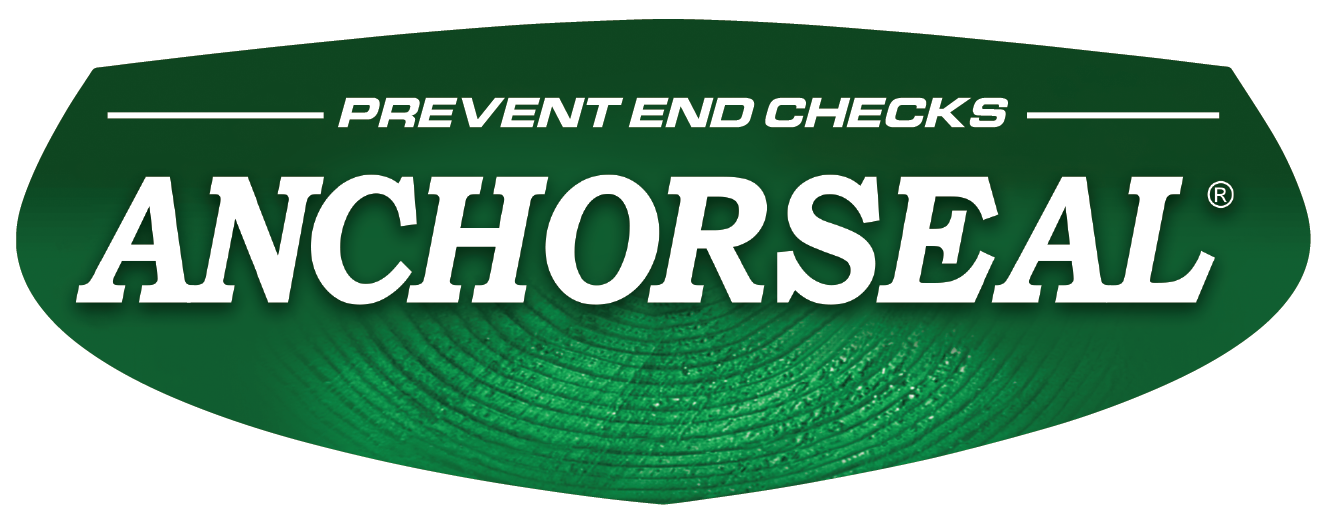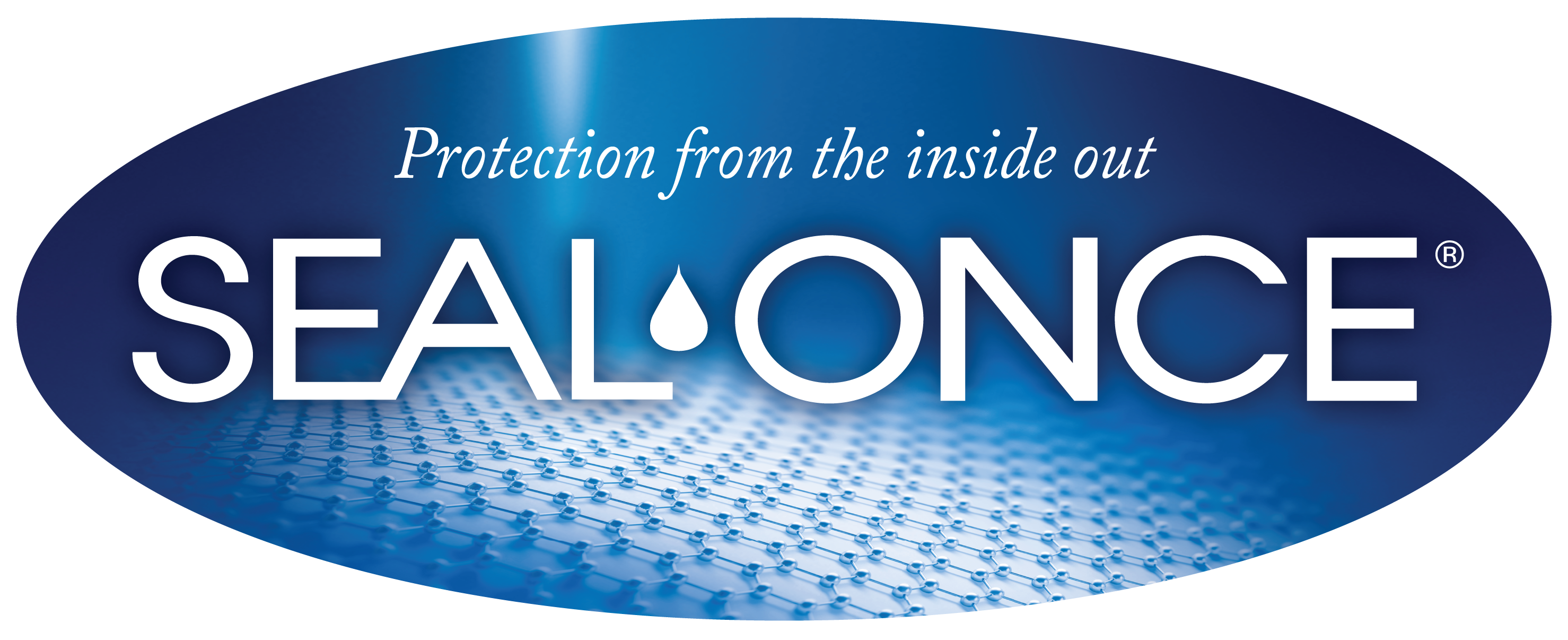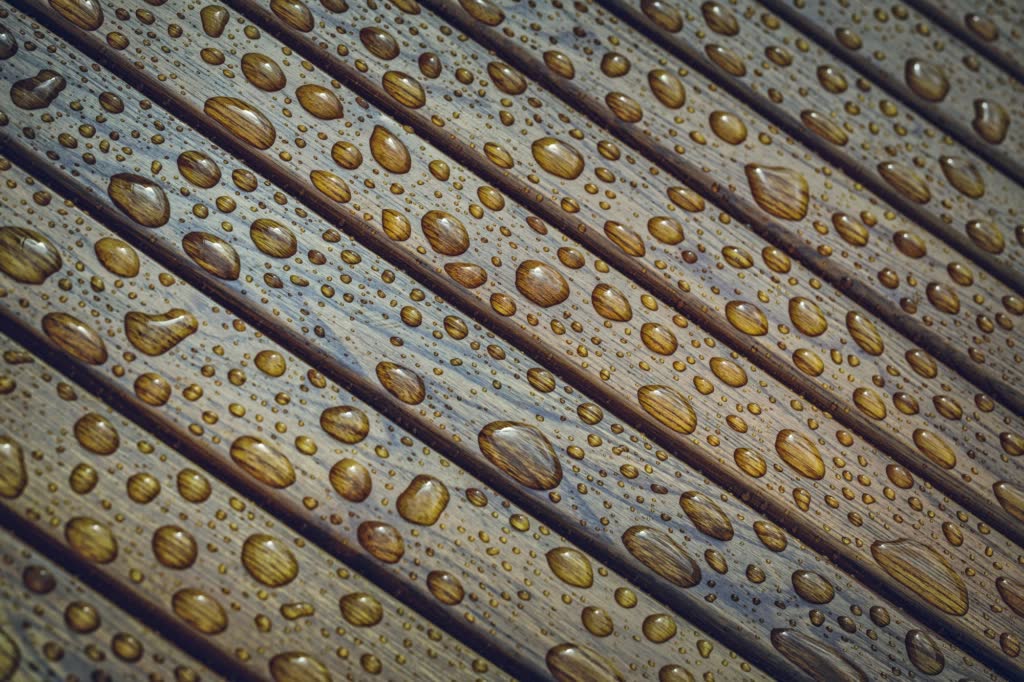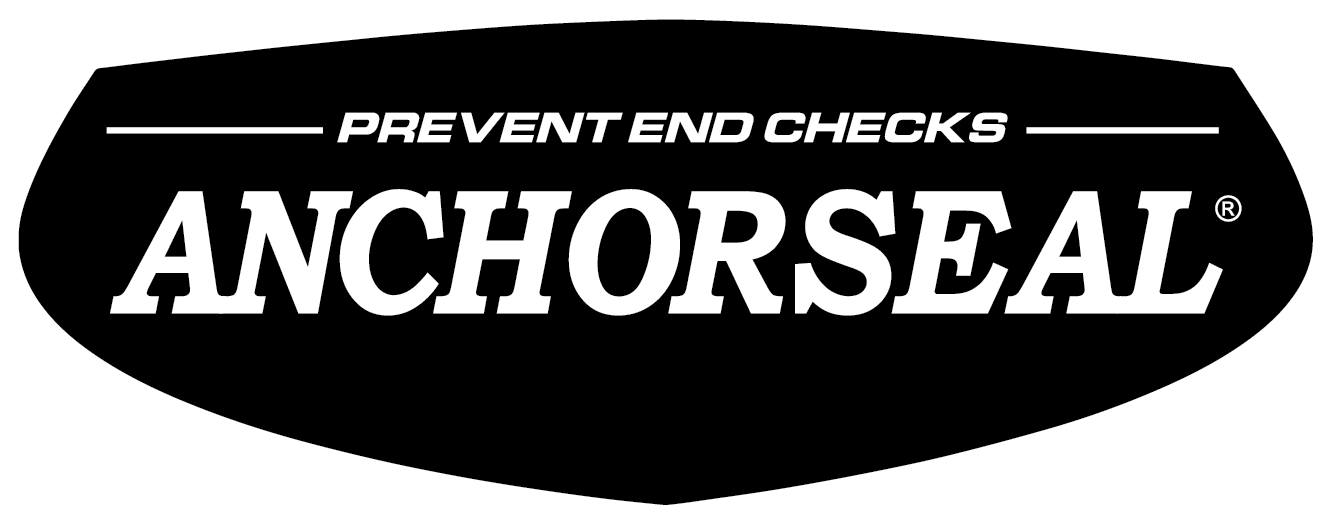Whether you’re crafting a wooden deck, a hand-carving, or a rustic garden bench, there’s no denying the warmth and character that wood brings to your projects. However, like any other natural material, wood is vulnerable to the elements, especially water. The question on many woodworking enthusiasts’ minds is: does sealing wood truly make it waterproof? In this blog post, we’ll embark on an exploration of the art and science of waterproofing wood, unraveling the truth behind this age-old question.
Understanding the Nature of Wood
Before delving into the intricacies of waterproofing, let’s first appreciate the fundamental nature of wood. Wood is porous by design, with its cellular structure allowing it to absorb and release moisture. This is a natural process that helps sustain the life of the tree, but it can present challenges when using wood in various projects. Unprotected wood can suffer from swelling, warping, cracking, and decay when consistently exposed to moisture, jeopardizing the longevity and beauty of your creations.
The Role of Wood Sealers
Wood sealers play a vital role in safeguarding wood against the detrimental effects of moisture. They work by penetrating the wood’s surface and filling the pores, thereby reducing the material’s absorbency. In doing so, they create a protective barrier that repels water, preventing it from penetrating and causing damage.
However, it’s important to understand that while wood sealers enhance wood’s resistance to moisture, they don’t make it entirely waterproof. The term “waterproof” implies complete impermeability, which is challenging to achieve in the case of wood. Instead, wood sealers provide a remarkable degree of water resistance, making it essential to reapply them periodically, especially in high-exposure areas like outdoor furniture and decks.
At Seal Once, we specialize in creating products that provide the maximum amount of “water-proofing” with the least amount of harm to the environment.
The Best Approach: Choosing the Right Wood Sealer
Selecting the most suitable wood sealer for your project is crucial. There are various types of sealers available on the market, including oil-based, water-based, and polyurethane sealers. We recommend water-based sealers. Not only are they environmentally friendly and easy to clean up, but they offer excellent protection against moisture.
At Seal Once, we specialize in creating products that provide the maximum amount of “water-proofing” with the least amount of harm to the environment.
Using nanotechnology, our NANO+POLY Premium Wood Sealer produces a barrier that is up to ten times thinner than conventional sealants. This allows NANO+POLY to penetrate deeper into the pores of a surface, creating a stronger and more durable bond. Therefore, NANO+POLY is the perfect sealant for all types of wood. This means that for homeowners, NANO+POLY can assist in extending the life of their wooden structures by shielding them from the elements.
In conclusion, while wood sealers do a remarkable job of enhancing wood’s resistance to moisture, they don’t achieve complete waterproofing. Nevertheless, they are an indispensable tool in preserving the beauty and integrity of your wooden projects, ensuring they stand the test of time.
To embark on your woodworking journey armed with the best wood sealers, we invite you to browse our selection of premium products. With a wide range of sealers tailored to suit various applications, you’ll find the perfect companion to protect and enhance your wooden creations.
Remember, every woodworking masterpiece deserves the best protection to weather any storm, and our wood sealers are here to make that dream a reality. Happy woodworking!














